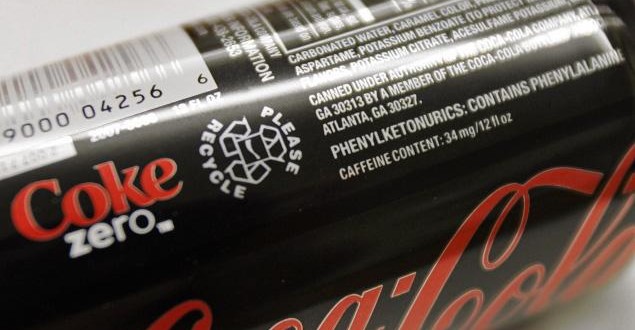Europe’s food safety watchdog has concluded that the current level of artificial sweetener aspartame allowed in food and beverage products is “safe”.
The European Food Safety Authority (EFSA) announced its findings today (10 December) as past of its review of all addivitives used in food and food ingredients, which is due to be completed by 2020.
In foods and drinks containing aspartame, a person would have to consume large quantities each and every day over the course of their entire lifetime to exceed current acceptable daily intake (ADI) levels.
However, aspartame is not safe for everyone, especially those with phenylketonuria (PKU), which is a serious metabolic disorder.
Although PKU affects only around .01 percent of the population, it is an inherited disorder that can cause major brain damage if left untreated.
The reason aspartame is unsafe for those with PKU is because it contains amino acid phenylalanine, which their bodies are unable to metabolize. Therefore, if a person with PKU consumes aspartame, the artificial sweetener builds up in their bodies over time, resulting in dangerous levels that can be especially toxic for a developing fetus in the womb of a mother with PKU.
Accordingly, warning labels that aspartame is unsafe for those with PKU are now required on the packaging of the products containing it in most countries around the globe.
For the remainder of the population, however, the EFSA panel concluded that aspartame is safe for human consumption, despite previous studies suggesting the food additive may cause cancer after a study published in 2005 claimed aspartame caused cancer in rats that were given amounts equivalent to humans.
Nevertheless, the panel concluded that aspartame is safe at acceptable levels, and that the artificial sweetener does not harm the brain or the nervous system, nor does it have any effect on the mental status or behavior of humans – both adults and children alike.
“The contribution of breakdown products of aspartame to the overall dietary exposure to these substances is low,” concluded the EFSA in a press statement.
 Canada Journal – News of the World Articles and videos to bring you the biggest Canadian news stories from across the country every day
Canada Journal – News of the World Articles and videos to bring you the biggest Canadian news stories from across the country every day



